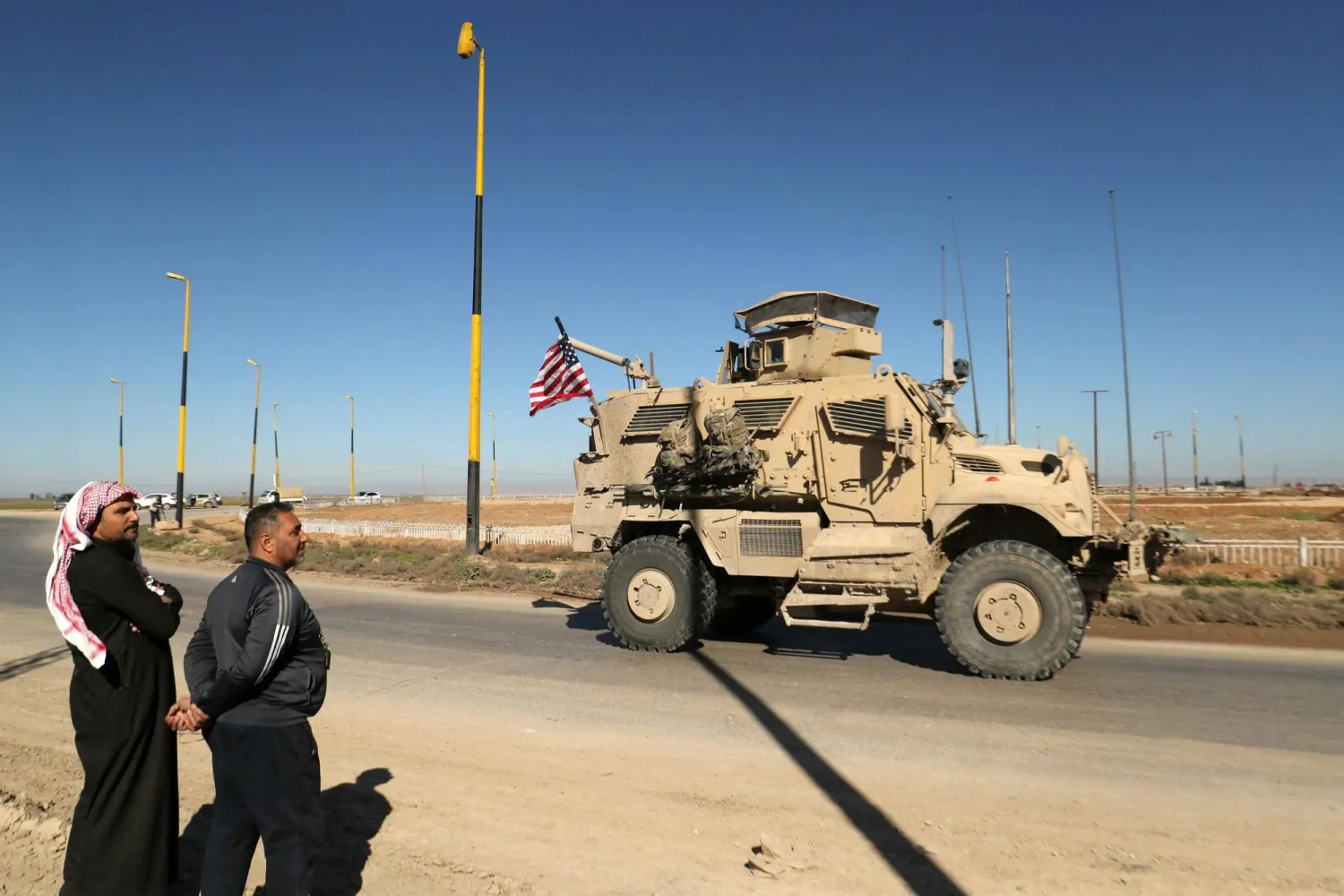Israel must comply with international law in Gaza and address the devastating humanitarian crisis in the Palestinian enclave, a group of Western nations wrote in a letter to the Israeli government seen by Reuters on Friday.
All countries belonging to the Group of Seven (G7) major democracies, apart from the United States, signed the letter, along with Australia, South Korea, New Zealand, the Netherlands, Denmark, Sweden and Finland.
The five-page letter comes as Israeli forces bear down on the southern Gaza city of Rafah as part of its drive to eradicate Hamas, despite warnings this could result in mass casualties in an area where displaced civilians have found shelter.
"In exerting its right to defend itself, Israel must fully comply with international law, including international humanitarian law," the letter said, reiterating "outrage" for the Oct. 7 Hamas raid into Israel which triggered the conflict.
Israel denies blocking humanitarian aid and says it needs to eliminate Hamas for its own protection.
The Western nations said they were opposed to "a full-scale military operation in Rafah" and called on Israel to let humanitarian aid reach the population "through all relevant crossing points, including the one in Rafah".
"According to UN estimates, an intensified military offensive would affect approximately 1.4 million people," the letter said, underscoring the need "for specific, concrete and measurable steps" to significantly boost the flow of aid.
The letter recognizes Israel made progress in addressing a number of issues, including letting more aid trucks into the Gaza Strip, the reopening of the Erez crossing into northern Gaza and the temporary use of Ashdod port in southern Israel.
But it called on Prime Minister Benjamin Netanyahu's government to do more, including working towards a "sustainable ceasefire", facilitating further evacuations and resuming "electricity, water and telecommunication services".
Since Hamas' Oct. 7 attack, Israel's Gaza offensive has killed more than 35,000 Palestinians, local health officials say. Hamas-led gunmen killed some 1,200 people and abducted 253 in their attack to Israel, according to Israeli tallies.









